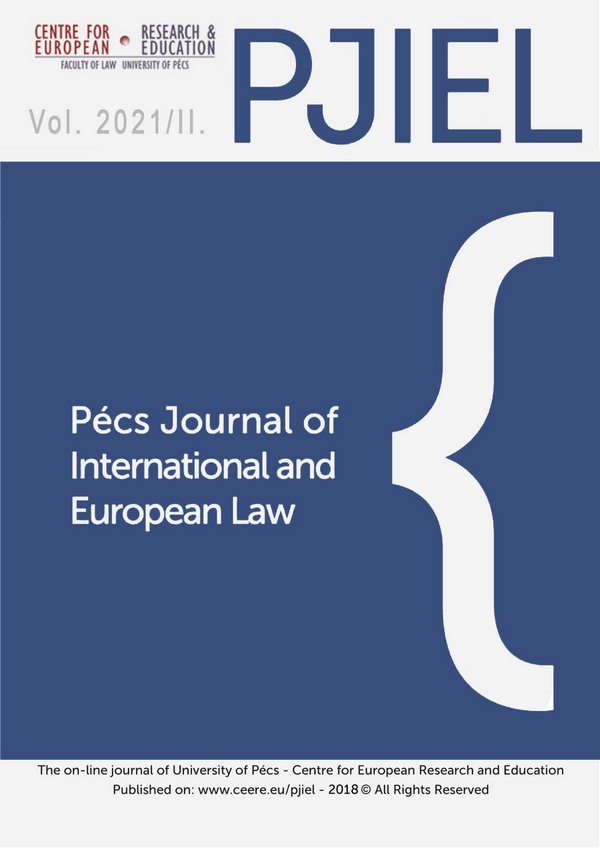UK Nuclear Deterrence Policy and International Law: Terrorism with Impunity?
Keywords:
nuclear weapons, UK, nuclear deterrence, nuclear terrorism, state terrorism, threatAbstract
This article asks: does UK nuclear deterrence policy constitute terrorism under international law? In the context of international law, terrorism refers to activities which (a) involve violence (or threat of violence), fear and coercion, and (b) are unlawful by reference to law which is not terrorism- specific. UK nuclear deterrence policy (a) involves a threat of violence, fear and coercion, and (b) is unlawful in at least some respects (such as its failure to rule out first use). There is widespread agreement in the international law literature that, in principle, activities carried out by a state can constitute terrorism, but the attitudes and actions of states are not consistent on this point. On this basis, UK nuclear deterrence policy might constitute terrorism, but a clear legal answer on this point is not currently possible. The policy would fall within international legal constraints on general and nuclear terrorism, if their scope had not specifically excluded state military activities. UK nuclear deterrence policy is an offence under UK terrorism law, but there is little hope of successfully prosecuting UK Government officials. This overall effective impunity for UK nuclear deterrence policy reflects a wider concern: powerful states often drive the development of international law on terrorism (and on other issues) according to their own priorities. Strategies for change, for example to achieve a UK no-first-use policy, include applying wider, non-terrorism- specific, international law to existing UK policy.
Downloads
Downloads
Published
How to Cite
Issue
Section
License

This work is licensed under a Creative Commons Attribution-NonCommercial-ShareAlike 4.0 International License.





